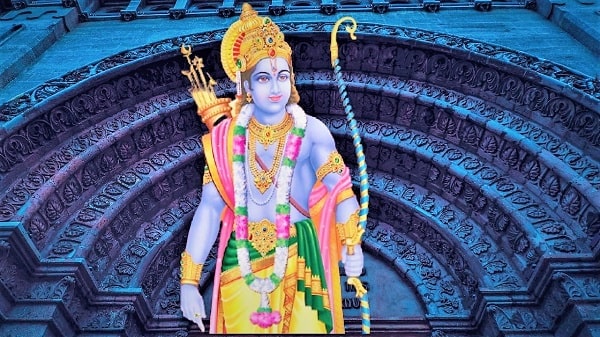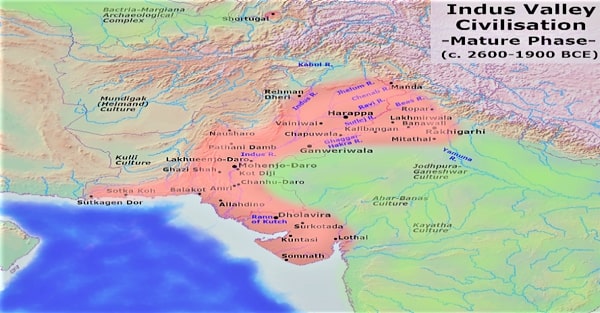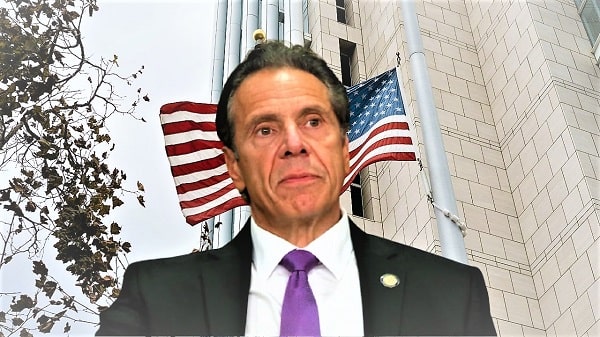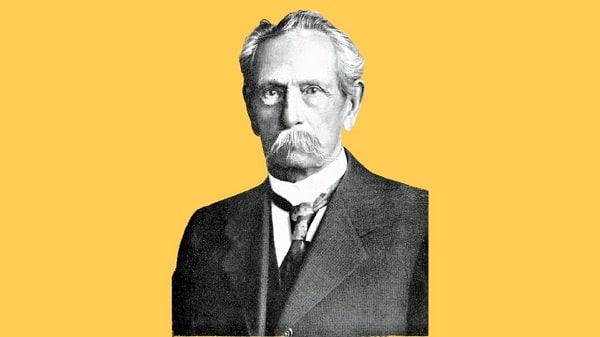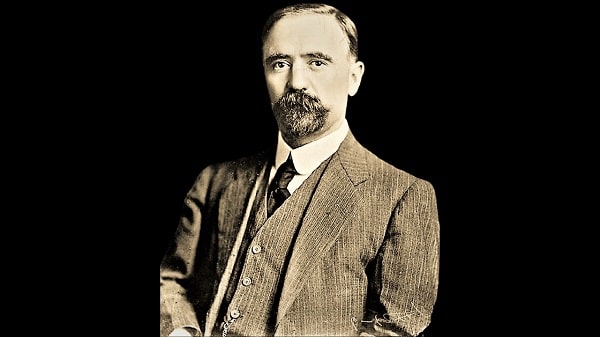The Great Khali Height, Age, Weight, Wife & Net Worth
The Great Khali birth name Dalip Singh Rana, is an Indian professional wrestler, actor, bodybuilder, and better known for his work in WWE (World Wrestling Entertainment) between 2006 and 2014.Dalip Singh began his wrestling career in 2000 after immigrating to the United States. He joined New Japan Pro-Wrestling a year later where he teamed up with Giant Silva. He signed a contract with World Wrestling Entertainment in 2006. Later a year, he became the first Indian to win the World Heavyweight Championship once in 2007.Apart from wrestling, he has also worked in several Hollywood and Bollywood films. He was the runner-up of the fourth edition of the Bigg Boss reality show. After leaving WWE, Dalip Singh Rana established his wrestling school and federation in his homeland India in 20...

